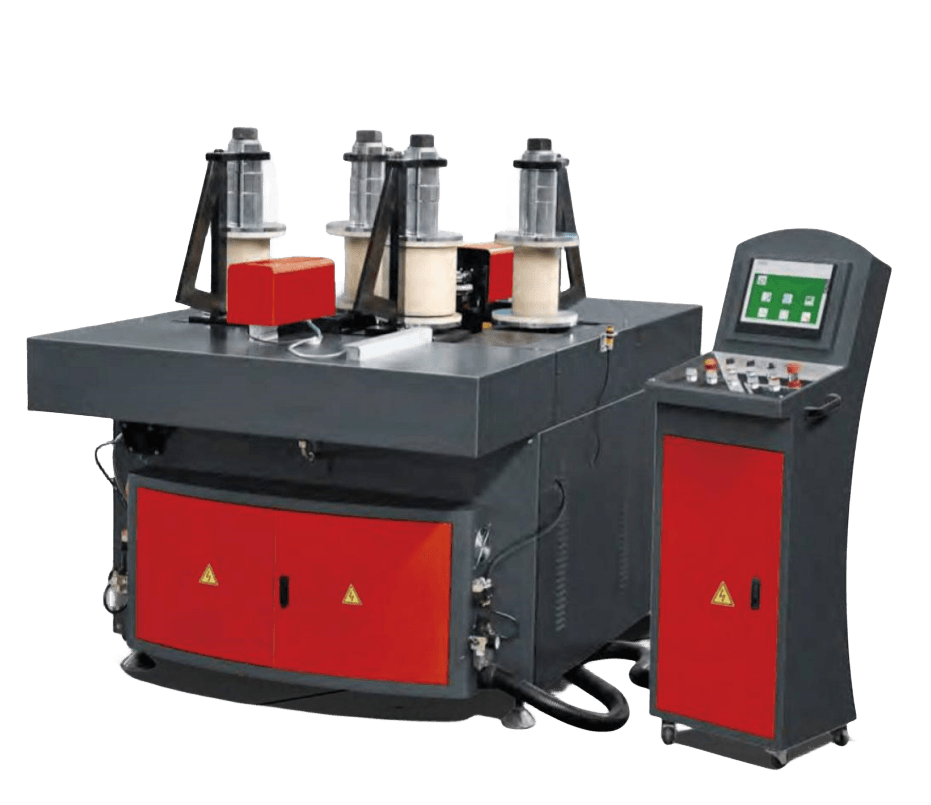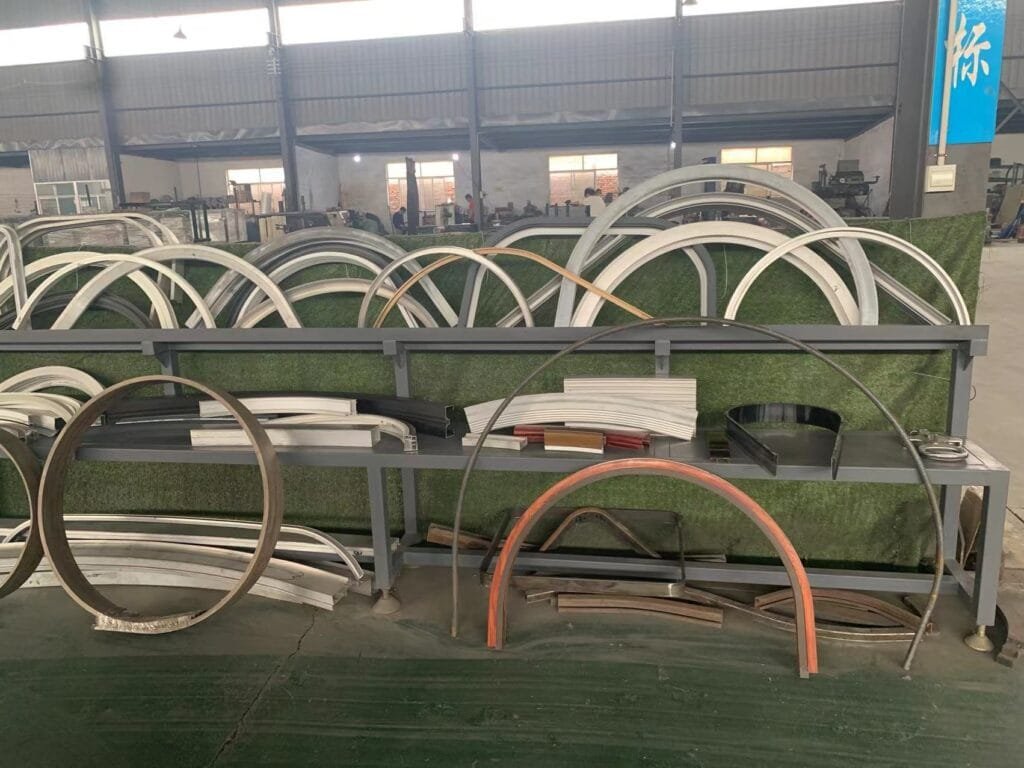The Precision Powerhouse in Metal Fabrication
In the realm of metal fabrication, the evolution of technology has transformed once labor-intensive processes into efficient, automated workflows. Among these advancements, Computer Numerical Control (CNC) rolling bending machinery stands as a testament to precision engineering and technological prowess.
These machines are designed to bend metal sheets and plates into desired shapes and angles with remarkable accuracy and consistency, revolutionizing the manufacturing industry.
The Fundamentals of CNC Rolling Bending Machinery
CNC rolling bending machinery operates on the principle of gradual deformation, where a metal workpiece is passed through a series of rollers that apply controlled forces to bend the material along a predetermined curve. Unlike traditional bending methods, which often rely on brute force and may lead to material distortion, CNC rolling bending utilizes a more refined approach, ensuring that the metal retains its structural integrity throughout the process.
The core of this technology lies in its integration with CNC systems. These systems enable operators to input precise bending parameters, such as angle, radius, and material thickness, via computer software. The machine then translates these instructions into precise movements of the rollers, executing the bending sequence with unparalleled precision.

Key Features and Benefits
- Precision and Consistency: The most significant advantage of CNC rolling bending machinery is its ability to produce highly accurate and consistent bends. The elimination of human error, combined with the machine’s capacity for micro-adjustments, ensures that every workpiece meets stringent quality standards.
- Versatility: These machines can handle a wide range of materials, including steel, aluminum, stainless steel, and even exotic alloys. Furthermore, they can accommodate various thicknesses and lengths, making them versatile for a multitude of applications.
- Efficiency: Automated processes significantly reduce setup times and cycle durations. With minimal operator intervention required, CNC rolling bending machinery maximizes productivity and minimizes downtime.
- Cost-Effectiveness: By minimizing material waste and eliminating the need for secondary operations to correct imperfections, these machines contribute to lower overall manufacturing costs.
- Programmable Flexibility: The CNC interface allows for the storage and retrieval of bending programs. This means that different jobs can be quickly and easily configured, facilitating rapid transitions between product runs and enhancing overall flexibility.
Applications Across Industries
CNC rolling bending machinery finds widespread application across various industries, including:
- Automotive: Precision bending is crucial for manufacturing components such as frame rails, bumpers, and door panels.
- Aerospace: The demand for lightweight yet strong structures makes CNC rolling bending essential for creating intricate parts for aircraft and spacecraft.
- Shipbuilding: Large-scale bending of metal plates is vital for constructing hulls and other structural elements.
- Construction: Precision bending is used to make beams, columns, and other structural components for buildings and bridges.
- Furniture and Fixtures: Custom bending is often required for creating unique designs in metal furniture and fixtures.

The Future of CNC Rolling Bending Machinery
As manufacturing continues to embrace digitalization and automation, the role of CNC rolling bending machinery will only grow more significant.
Advances in machine learning and artificial intelligence will further enhance the capabilities of these machines, enabling them to adapt to complex bending patterns and optimize processes in real-time.
Additionally, the development of more sustainable manufacturing practices will drive innovations in material handling and waste reduction, making CNC rolling bending machinery even more environmentally friendly.
In conclusion, CNC rolling bending machinery represents a pinnacle of technological advancement in metal fabrication.
Its precision, versatility, and efficiency make it an indispensable tool for industries that demand the highest standards of quality and productivity.
As technology continues to evolve, the future of CNC rolling bending machinery looks promising, promising to deliver even greater innovations and efficiencies in metal bending and fabrication.



